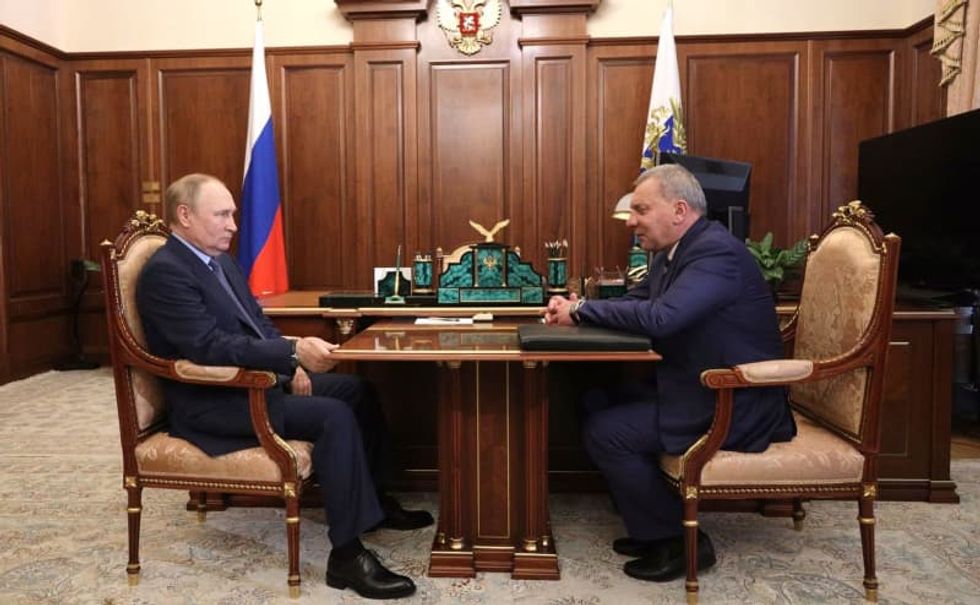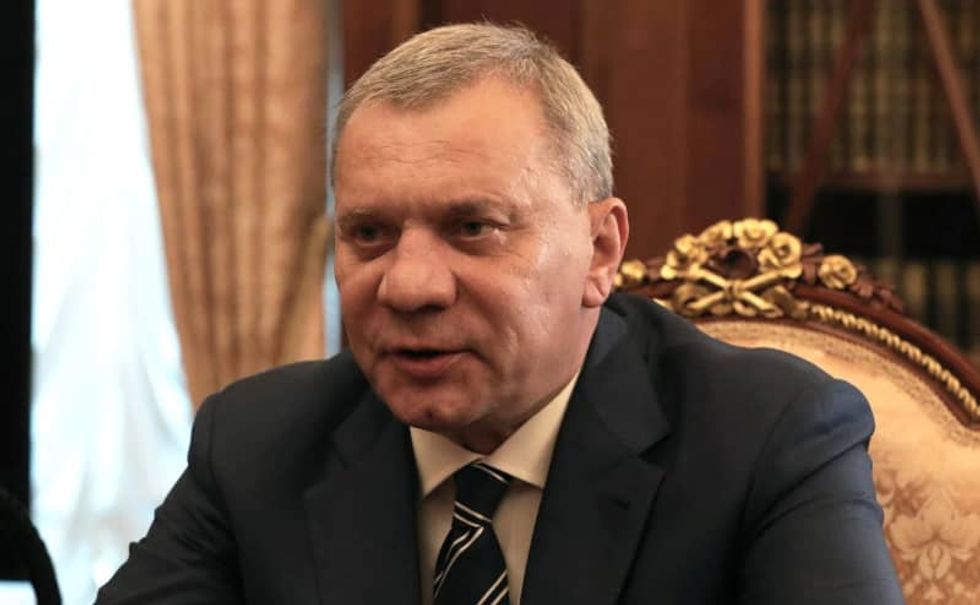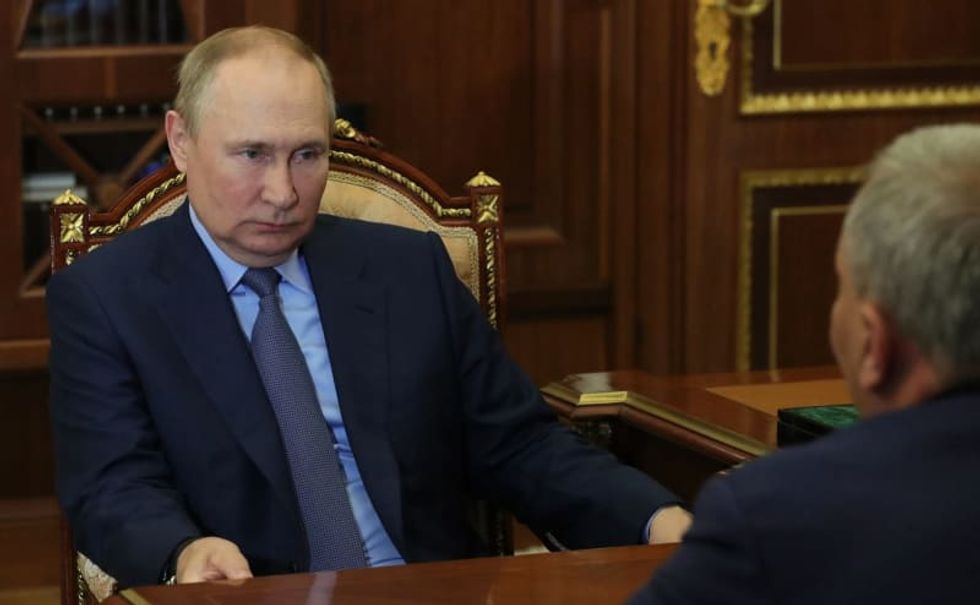

Russia's announcement of its planned withdrawal from the International Space Station (ISS) project after 2024 appeared to have caught NASA by surprise on Tuesday.
"NASA has not been made aware of decisions from any of the partners," NASA chief Bill Nelson told dpa, stressing that the US space agency nonetheless remained "committed to the safe operation of the International Space Station through 2030."
The newly appointed head of Russian space agency Roscosmos, Yuri Borisov, said during a meeting with Russian President Vladimir Putin on Tuesday that the agency intended to withdraw from operating the ISS after 2024.
"Of course, we will fulfil all our obligations to our partners, but the decision to withdraw from this station after 2024 has been made," Borisov said.
His predecessor, Dmitry Rogozin, had repeatedly questioned the agency's continued cooperation with the United States amid political tensions between Moscow and Washington over the Russian invasion of Ukraine.
Borisov said that work on building a Russian space station should be under way by the time of Russia's ISS withdrawal.
In the past, Rogozin had refused to rule out uncoupling the Russian module from the ISS and continuing to operate it independently.
Under the current arrangement, the ISS is run jointly by the US, Russia, Canada, Japan and member states of the European Space Agency (ESA). Moscow's departure is likely to bring major changes to the operation.
Even before Tuesday's announcement, the future of the 24-year-old ISS appeared uncertain, with its technical issues continuing to grow as it gets closer to the end of its operational life.
There had been indications that Russia was likely to withdraw from the project in recent months. The sanctions imposed on Moscow by the West over the Ukraine war have had a significant impact on Russia's space sector and have been the subject of complaints by Roscosmos.
As Moscow prepares an independent space station mission, the chief designer of Russian rocket manufacturer Energiya, Vladimir Solovyov, said that the first module for a Russian orbiter could be launched into space by 2028, if a commitment is made by the end of the year.
The module could be launched with an Angara-A5M rocket from the Russian Far East's Vostochny spaceport, he said.
Until Moscow's announcement, the ISS was seen as a symbol of international cooperation, with US astronaut Thomas Marshburn calling it a place of peace as he handed over command to his Russian colleague Oleg Artemyev in May.






